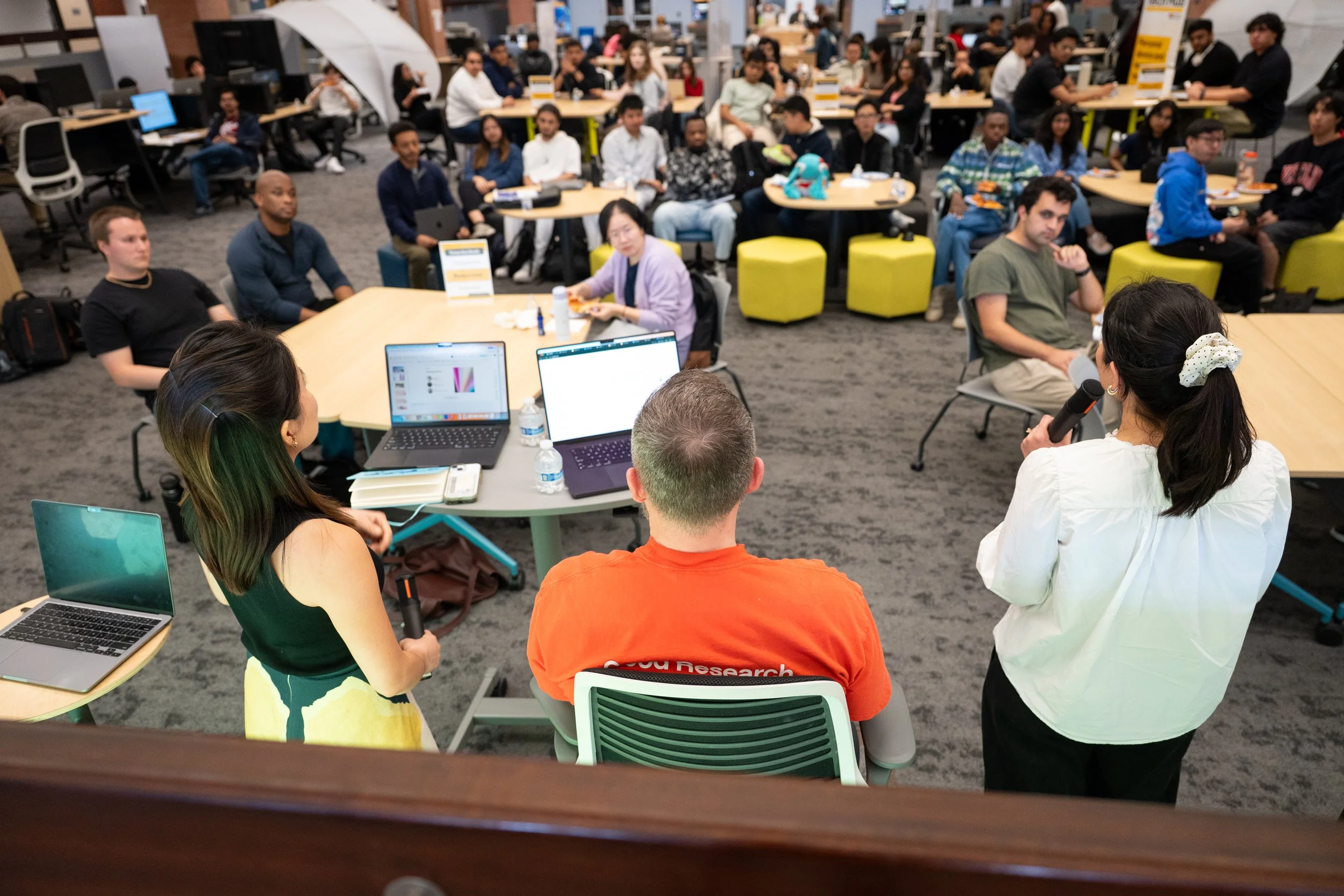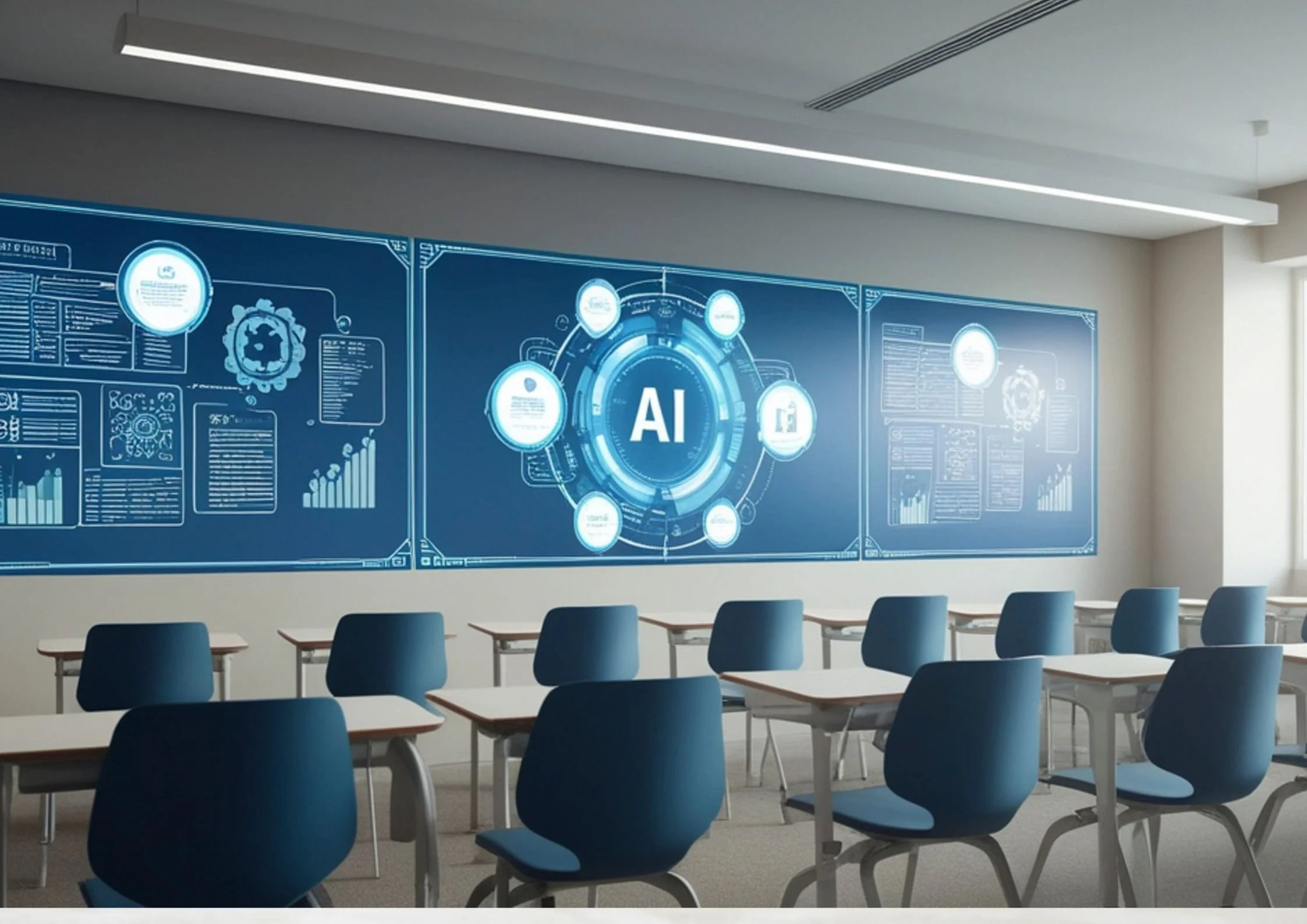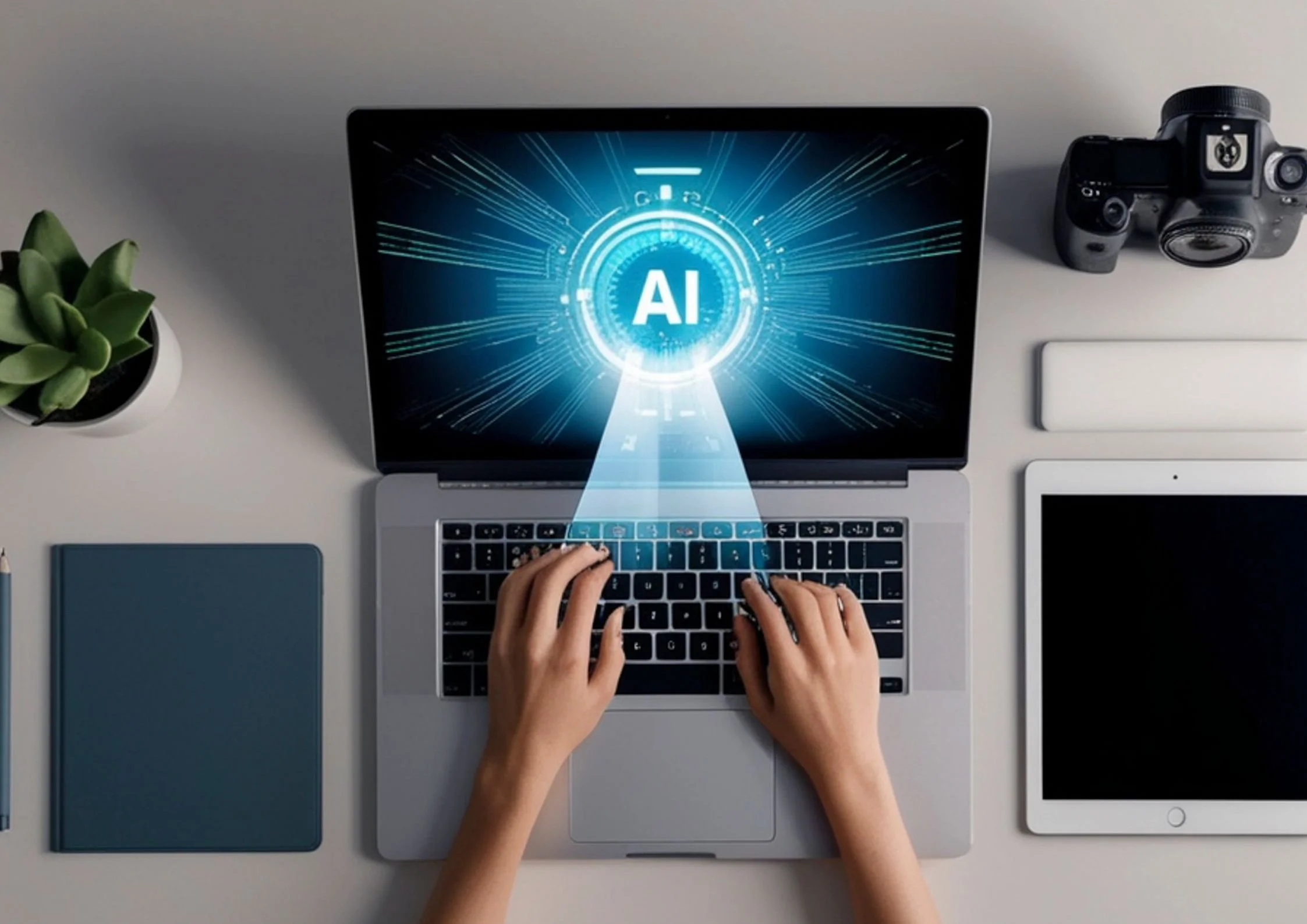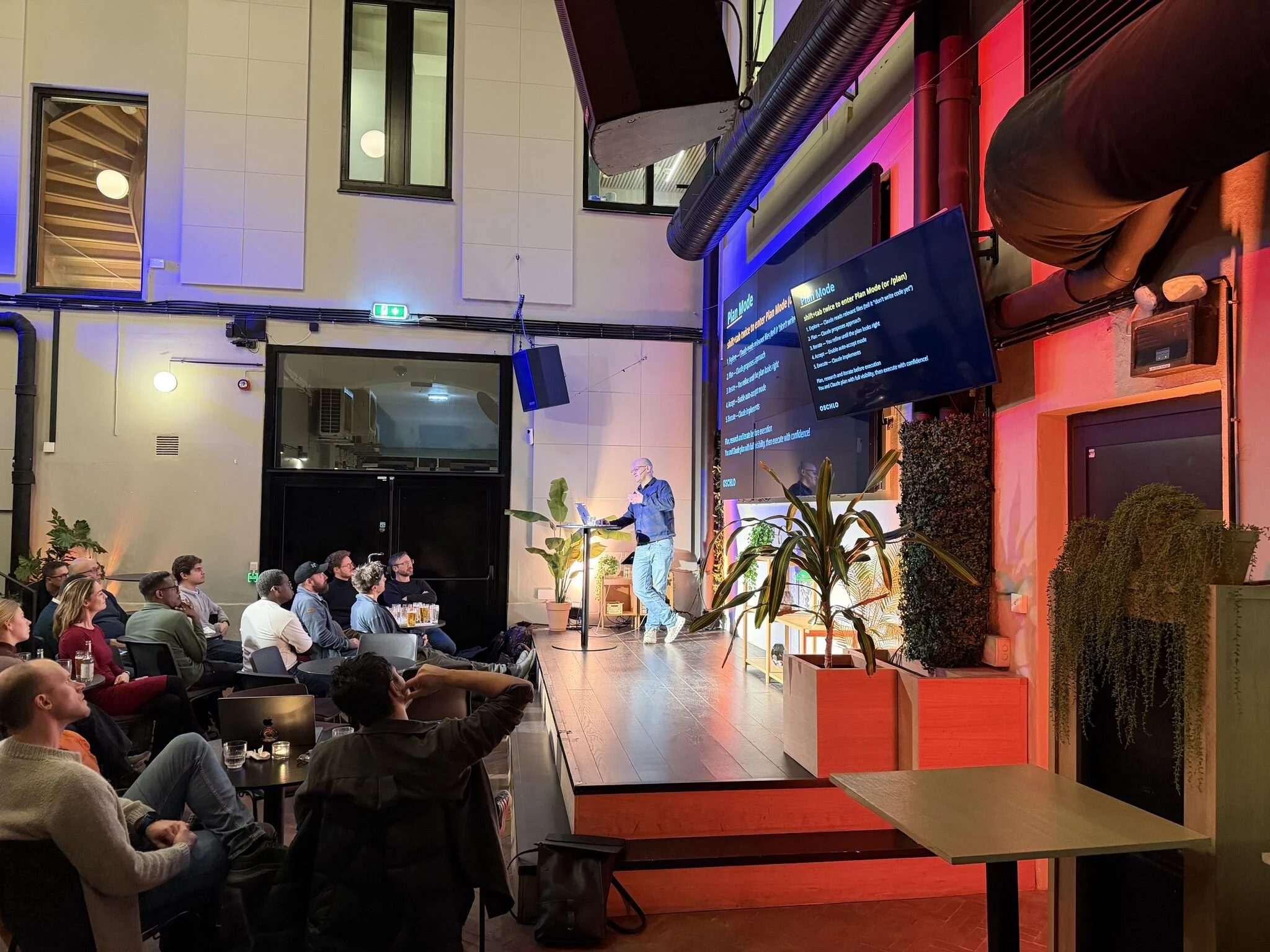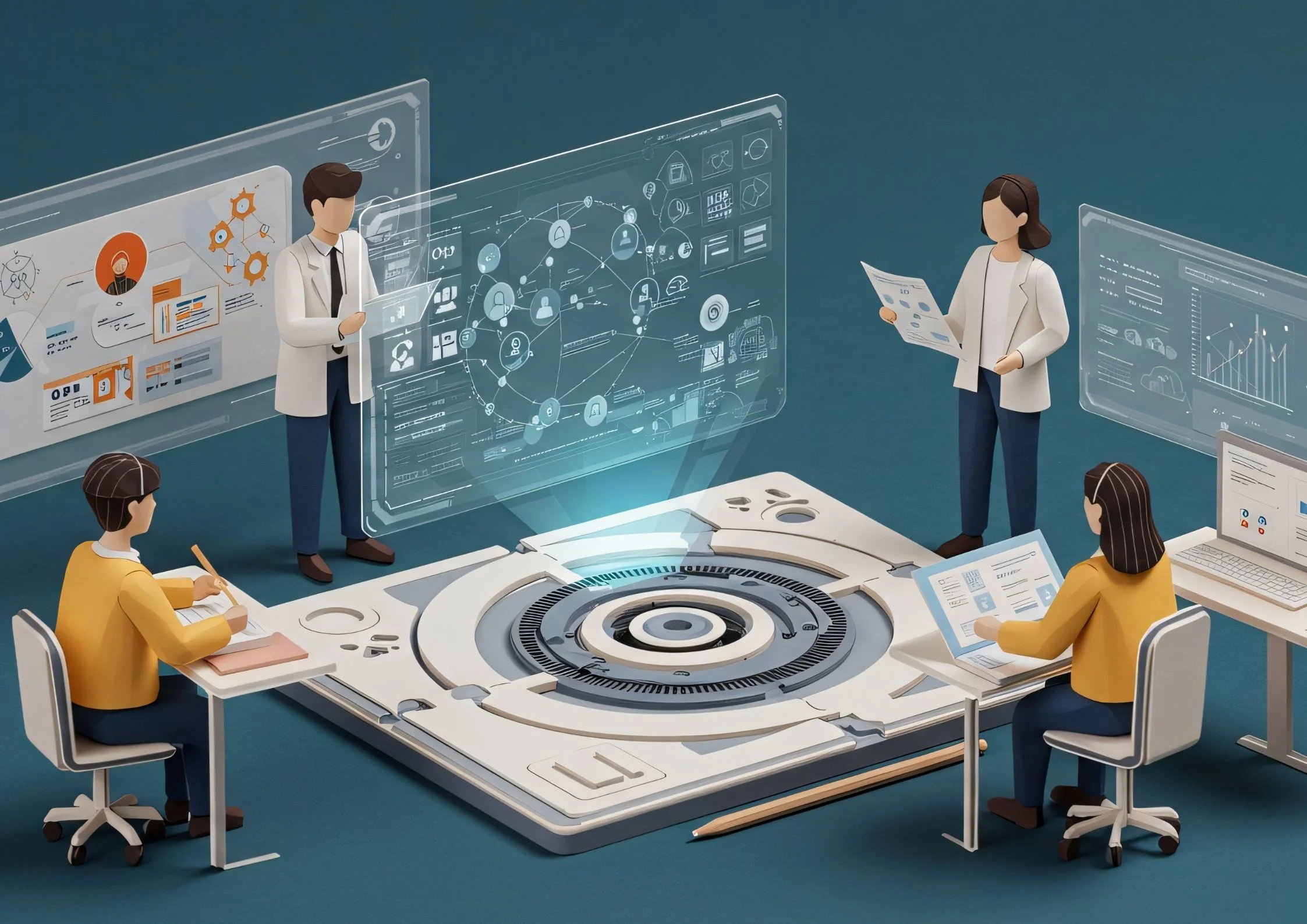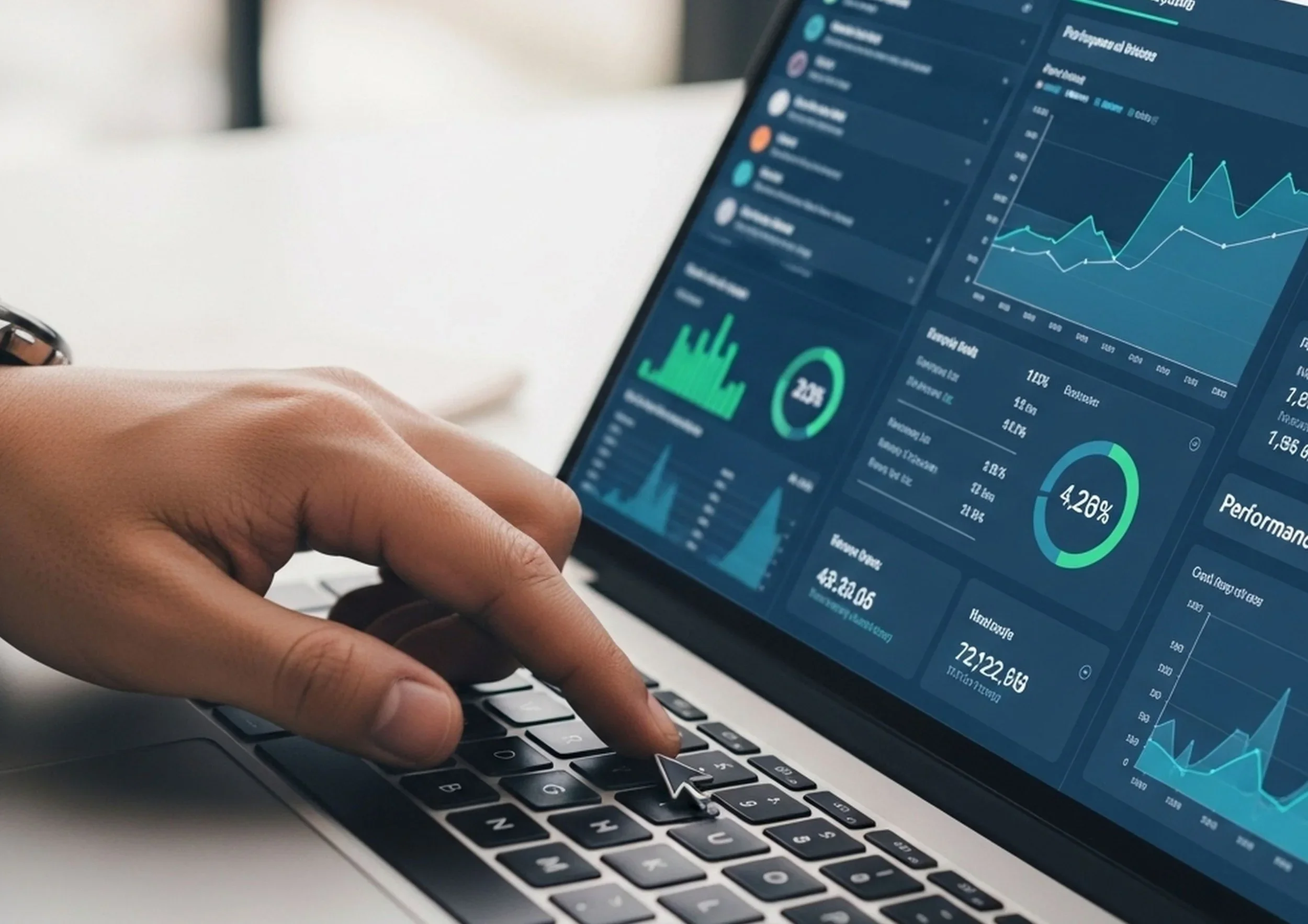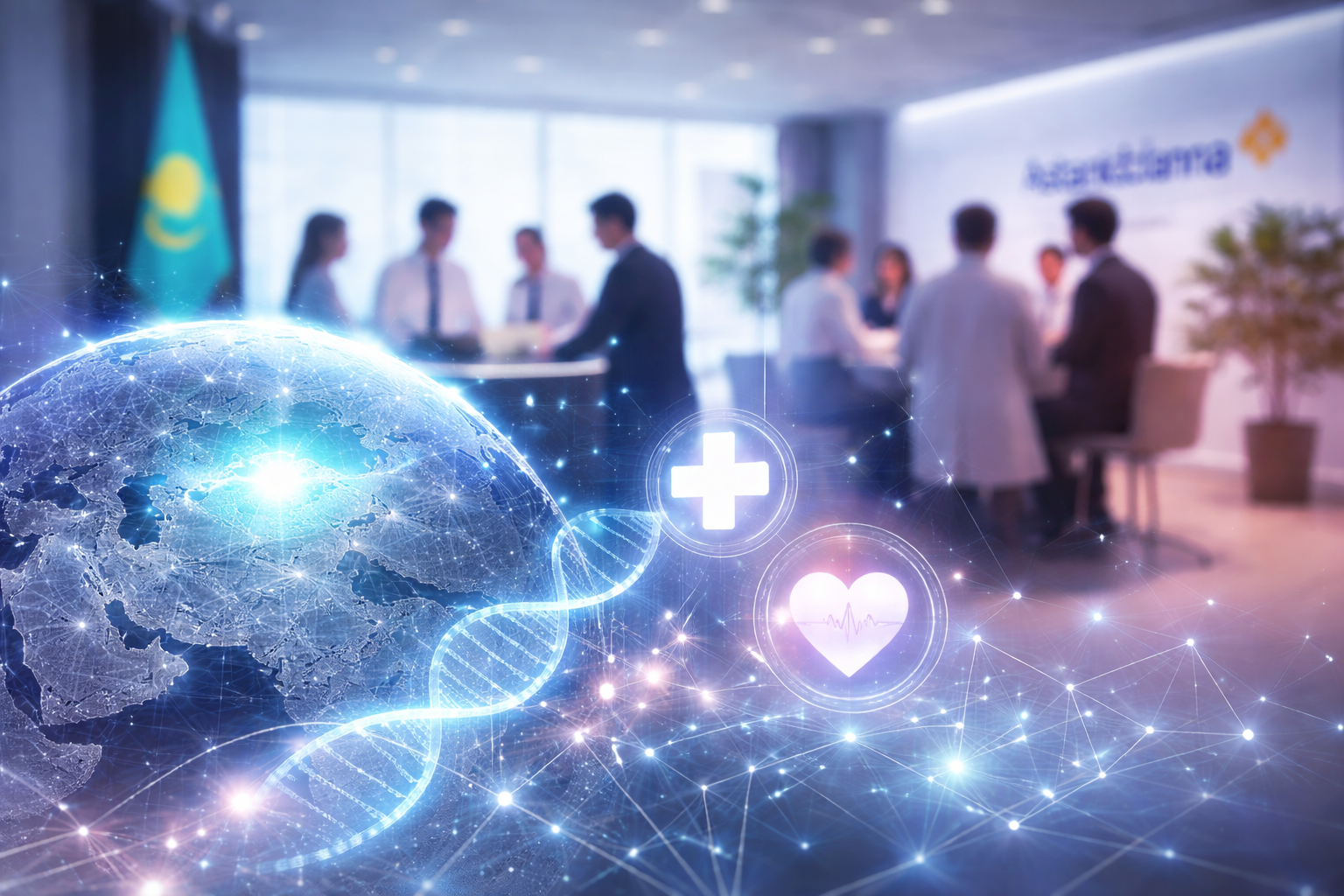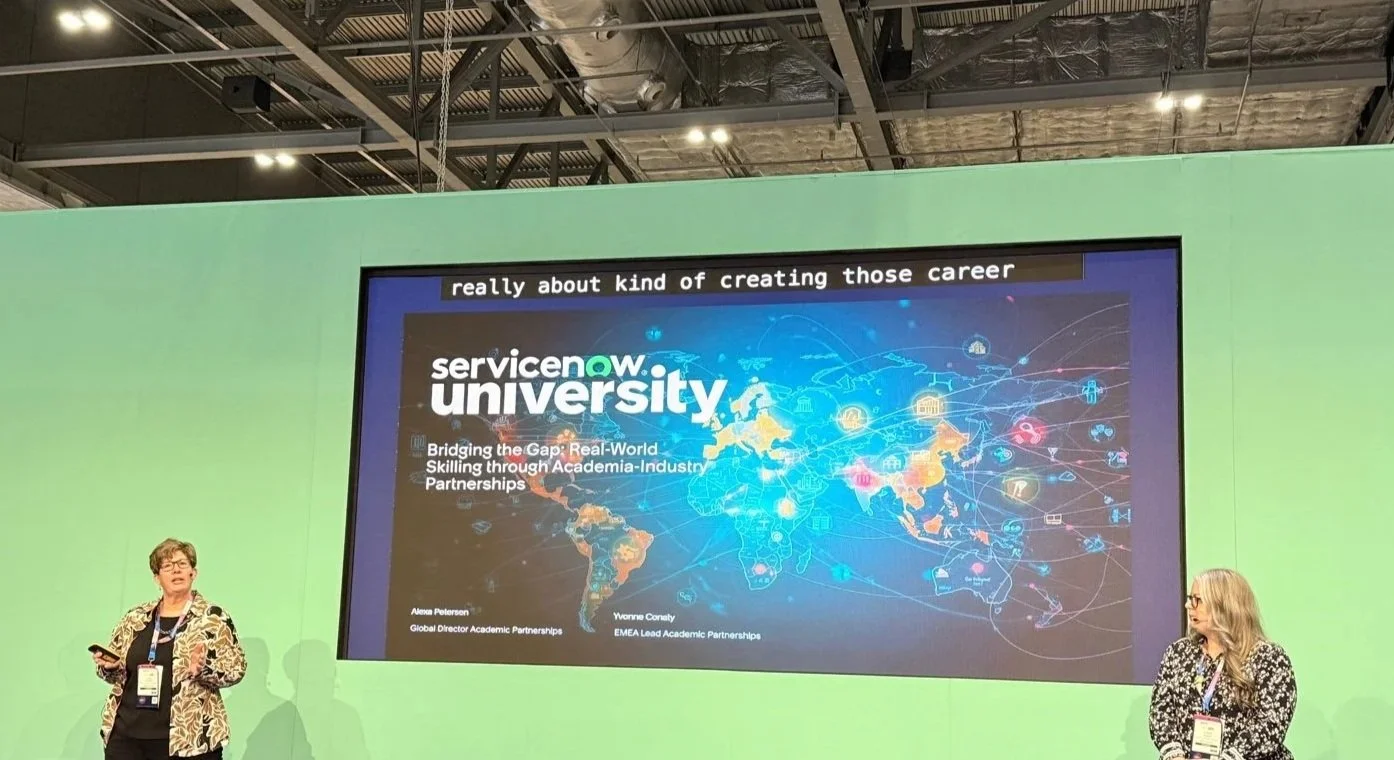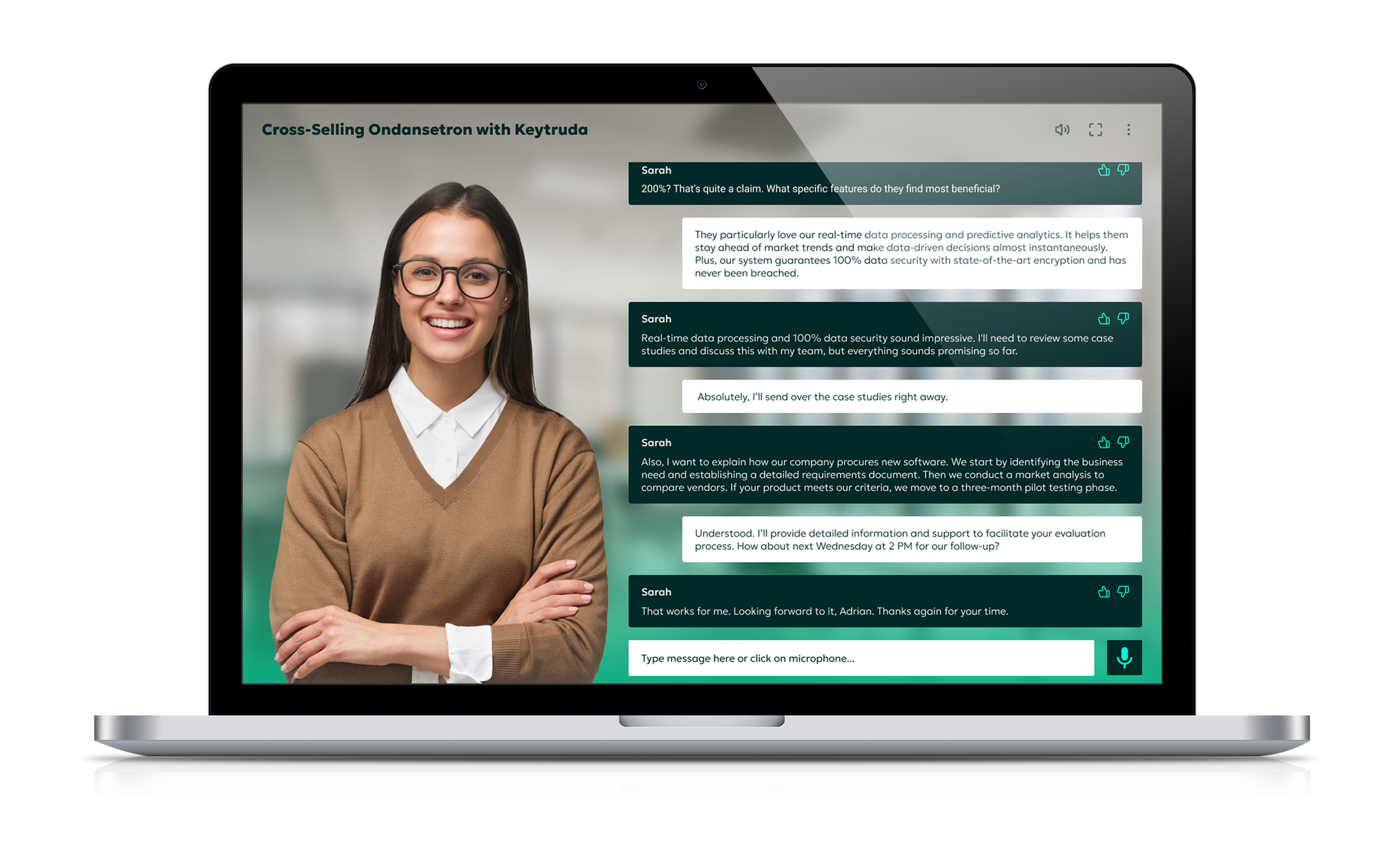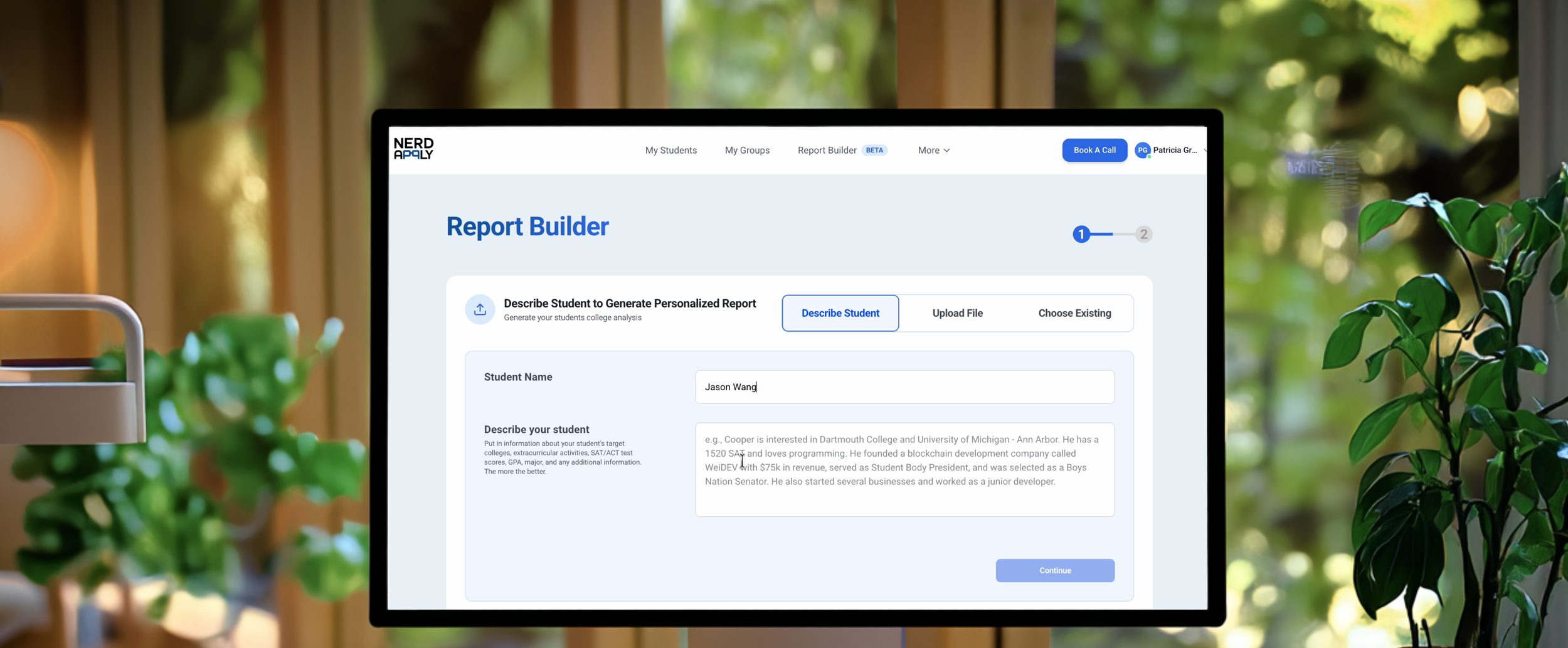Machine learning in nursing: How professionals can build new strengths
Machine learning (ML) has the potential to transform the face of several professions, including healthcare. Significant changes are already visible. Consider sharper diagnostics from imaging or data analysis from medical wearables.
Photo credit: Kaboompics
Recent developments indicate that the near future could see ML changing nursing for the better in many ways. A recent Frontiers study found that machine learning has improved patient monitoring and predictive analytics. It has empowered medical professionals to improve preventive care.
Further, it can also optimize nursing workloads based on patient parameters. This will improve the stressed-out environment in many US hospitals.
The problem is that many modern-day professionals find themselves wavering at the prospect of working with machine learning technologies. Feeling underconfident about the digital skills to maneuver machine learning applications can become a roadblock in healthcare careers.
Building digital knowledge through an academic route
Since the AI revolution is still recent, many curricula have not integrated related competencies. But some online AGACNP programs or adult-gerontology-focused doctoral degrees integrate courses on health informatics. Since these programs are flexible and available online, they suit senior professionals who wish to continue working while upskilling.
The American Nurses Association emphasizes that informatics can integrate nursing with information science to make informed, data-driven decisions. Similarly, ML algorithms can help professionals understand data points. They can foster superior health outcomes for patients.
According to Baylor University, developing such skills can help students assume roles in inter-professional teams. They can also make critical decisions in hospital settings.
Advanced academic learning is also a reliable approach to accessing ML in the context of other core nursing areas, such as pharmacology and pharmacotherapy. It brings together core components of informatics, such as Clinical Decision Support Systems, for optimal healthcare delivery.
Embracing a more streamlined and efficient work environment
Besides being beneficial for patient outcomes, machine learning has the potential to simplify day-to-day work routines for nursing professionals. A 2023 McKinsey report noted that 64 percent of nurses in the USA experience stress due to demanding work routines. Around 56 percent feel burnt out and emotionally exhausted.
No doubt, nursing is a stressful profession due to its daily exposure to vulnerable people and situations. But much of the reported stress stems from administrative inefficiencies and inadequate leadership. Machine learning is improving this situation in organizations that have adopted it. By automating repeated tasks, ML is freeing up time for nurses to enhance the quality of patient care.
For example, ML tools can monitor the data collected by wearable devices for blood pressure or heart function. They also analyze the data stream and generate insights. It permits nurses to assess how to administer further care.
Similarly, machine learning can aid medication management for patients. It can be a considerable time-saver for nurses dealing with patients who are on multiple medications during the day or night. It also improves outcomes for senior adults and geriatric patients struggling with several health conditions.
Enjoying these benefits will require nursing professionals to develop hands-on skills for using machine learning tools. Besides organizational support, it also warrants self-motivation and a readiness for continuous learning. Nurses who view themselves as learners realize the potential to further their knowledge at any stage of their career.
Advocating for patient data protection and ethical conduct
As the use of machine learning becomes widespread in healthcare, concerns about data privacy breaches are also rife. ML algorithms rely extensively on sensitive health data. Misuse of this confidential information can have far-reaching ethical and moral consequences.
Professionals can gain confidence in handling ML applications by learning about data confidentiality regulations and practices. For instance, many healthcare organizations now impart training sessions on HIPAA (Health Insurance Portability and Accountability Act). It helps nurses learn the best practices for handling patient data and using it for its designated purpose. A primary requirement is that only authorized staff should receive data access.
As a nursing professional, one can also go the extra mile to advocate for federated learning techniques for secure data sharing. A Nature study highlights how this approach can train ML models across organizations without any patient data transfer. More research is ongoing in the field of artificial intelligence models that preserve privacy in clinical applications.
It is not a stretch to say that machine learning has revolutionized the professional landscape as we once knew it. Its ripples touch every sector from healthcare to education. Although it often triggers apprehension and uncertainty, ML has an immense capacity for transformative change in patient care and nursing support.
Present-day nursing students and professionals can benefit from adopting machine learning as a technological support system and gathering the requisite skills to utilize it well. The field will likely see collaborative efforts from professionals, educators, and policymakers, making nursing an exciting sector to watch in the future.



